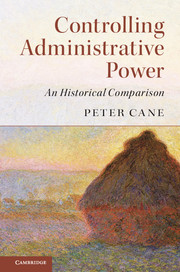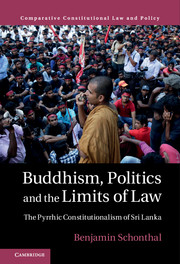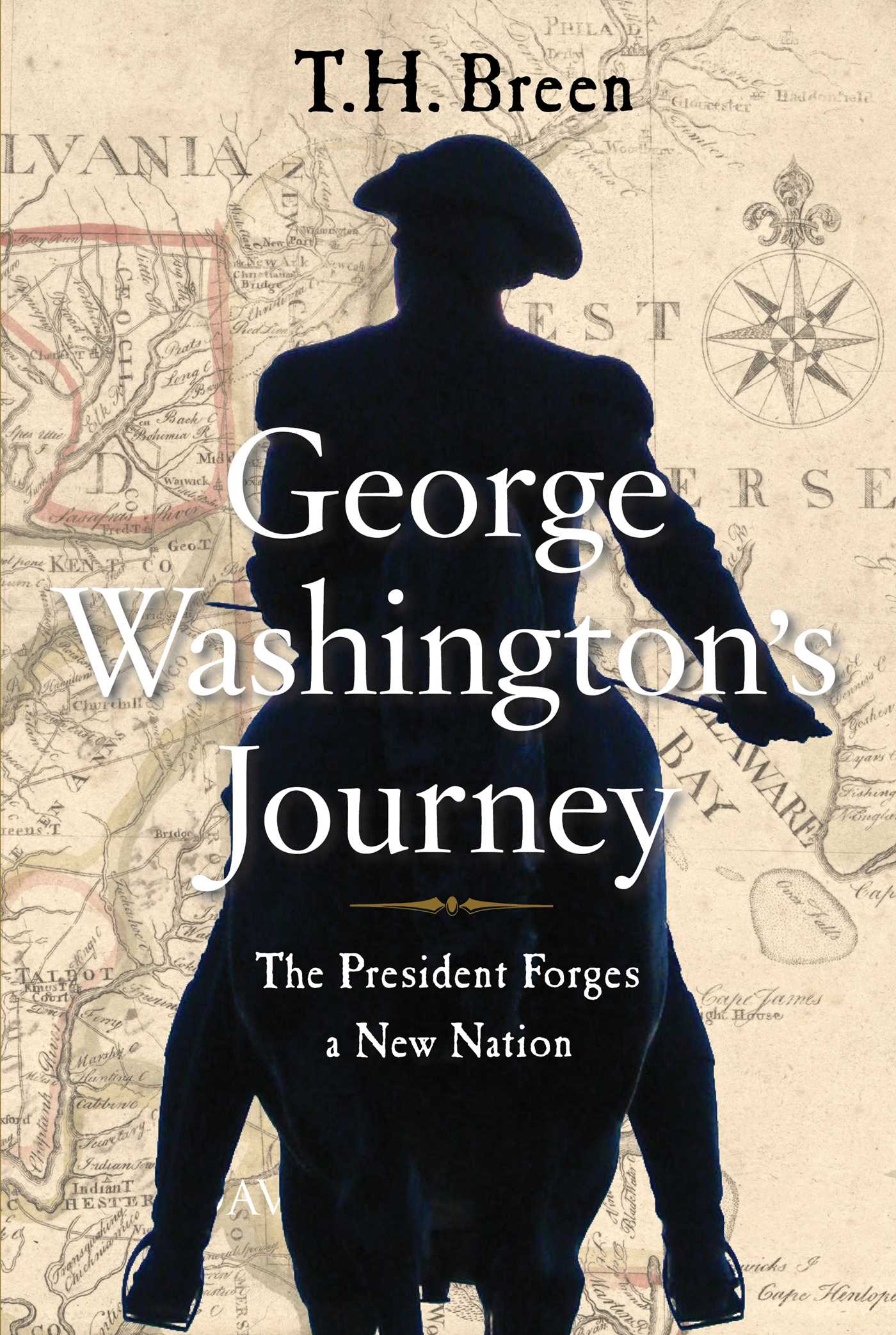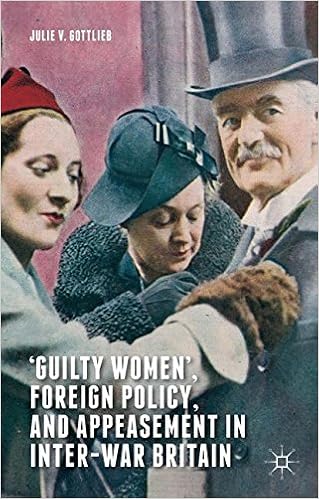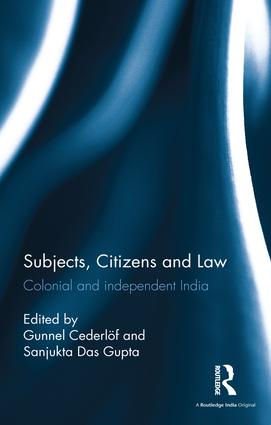 Back in
2015, Forensic
Medicine and Death Investigation in Medieval England by Sara M. Butler, Loyola University New
Orleans came out with Routledge. From the press:
Back in
2015, Forensic
Medicine and Death Investigation in Medieval England by Sara M. Butler, Loyola University New
Orleans came out with Routledge. From the press:England has traditionally been understood as a latecomer to the use of forensic medicine in death investigation, lagging nearly two-hundred years behind other European authorities. Using the coroner's inquest as a lens, this book hopes to offer a fresh perspective on the process of death investigation in medieval England. The central premise of this book is that medical practitioners did participate in death investigation – although not in every inquest, or even most, and not necessarily in those investigations where we today would deem their advice most pertinent. The medieval relationship with death and disease, in particular, shaped coroners' and their jurors' understanding of the inquest's medical needs and led them to conclusions that can only be understood in context of the medieval world's holistic approach to health and medicine. Moreover, while the English resisted Southern Europe's penchant for autopsies, at times their findings reveal a solid understanding of internal medicine. By studying cause of death in the coroners' reports, this study sheds new light on subjects such as abortion by assault, bubonic plague, cruentation, epilepsy, insanity, senescence, and unnatural death.
Praise for
the book:
"…by
effectively framing the inquest socially and legally, her book makes a
convincing case for a fundamental shift in the history of coronership and,
opening up a wonderful set of sources, it tables fresh questions about medieval
life, justice and knowledge." - Silvia De Renzi
“Butler’s
understanding of the Coroners’ Rolls (their internal reports to the Crown) is profound,
detailed, imaginative, and sympathetic. What emerges is a portrait of the
coroner as, in the main, conscientious and honest…In sum, Butler’s latest book,
based on a deep knowledge of the primary sources, is an excellent study of a neglected
institution of English medieval law and government.” - Faith Wallis
Building upon her experience writing the book, Sara Butler encourages medical historians to make better use of legal sources in her recent blogpost, "Reading the Legal Record like a Physician" (H/t: Legal History Miscellany)
Further information about her book is available here.



